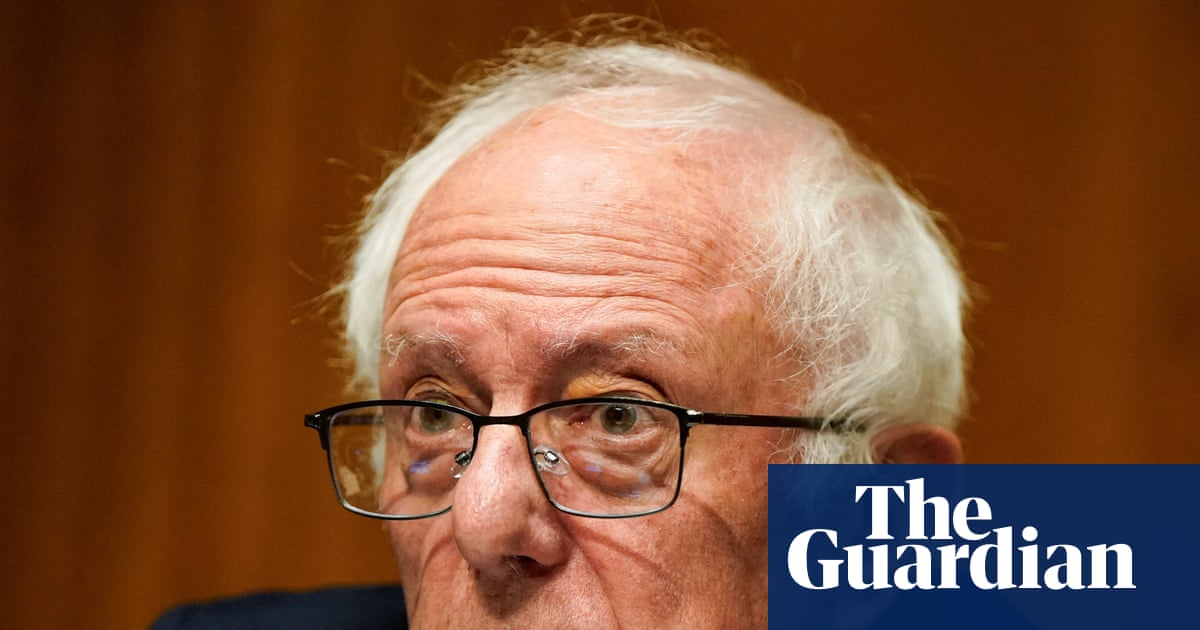Google will not be forced to sell its Chrome browser, a federal judge ruled on Tuesday in the tech giant’s ongoing legal battle over being ruled a monopoly last year.
The company will be barred from certain exclusive deals with device makers and must share data from its search engine with competitors, the judge ruled.
Judge Amit Mehta’s ruling follows months of speculation surrounding what penalties Google would face as a result of his decision last year that the company violated antitrust laws as it built what he called an online search monopoly. The ruling, one of the most significant antitrust cases in decades, resulted in an additional hearing in April to determine what actions the government should take as a remedy.
Mehta’s decision to allow Google to keep Chrome represents a more lenient outcome for the company than what federal prosecutors requested: force the tech giant sell off its marquee search product and to ban it from entering the browser market for five years. In his 230-page ruling, Mehta stated that prosecutors “overreached in seeking forced divesture of these key assets”.
Although Google escaped the most serious consequences of its antitrust violations, Mehta’s ruling sided with prosecutors in barring the company from entering or maintaining exclusive contracts relating to the distribution of its products including Chrome, Google Assistant and the Gemini app. The ruling does not bar Google from making any payments to distributors, however, stating that a broad payment ban would create downstream harms.
Google’s shares rose in after-hours trading following Mehta’s decision, a sign that investors believe the outcome favorable to Google.
The ruling drew criticism from the American Economic Liberties project, a non-profit advocacy group, which called it a “complete failure”.
“You don’t find someone guilty of robbing a bank and then sentence him to writing a thank you note for the loot,” said Nidhi Hegde, executive director of the American Economic Liberties Project. “Similarly, you don’t find Google liable for monopolization and then write a remedy that lets it protect its monopoly.”
Google argued in the antitrust case, which first went to trial in 2023, that its dominance over search was not related to anticompetitive behavior but simply the result of producing a better product.
after newsletter promotion
Prosecutors, meanwhile, showed how Google had spent billions of dollars on deals with device makers such as Samsung and Apple to make its browser the default search on their products, allowing it to capture about 90% of the US search market.
“After having carefully considered and weighed the witness testimony and evidence, the court reaches the following conclusion: Google is a monopolist, and it has acted as one to maintain its monopoly,” Mehta ruled last year.
Mehta’s decision on remedies this week stated that there had been notable changes to the internet search industry since the case ended last year, and that his ruling was crafted to address both general search engines, or GSEs, as well as the rise of AI search engines and chatbots, which Google has also created.
“These remedies proceedings thus have been as much about promoting competition among GSEs as ensuring that Google’s dominance in search does not carry over into the GenAI space,” Mehta stated.
Google is also facing a separate hearing later this year over how the government will address antitrust violations related to its monopoly over online advertising technology.

 3 months ago
84
3 months ago
84

















































